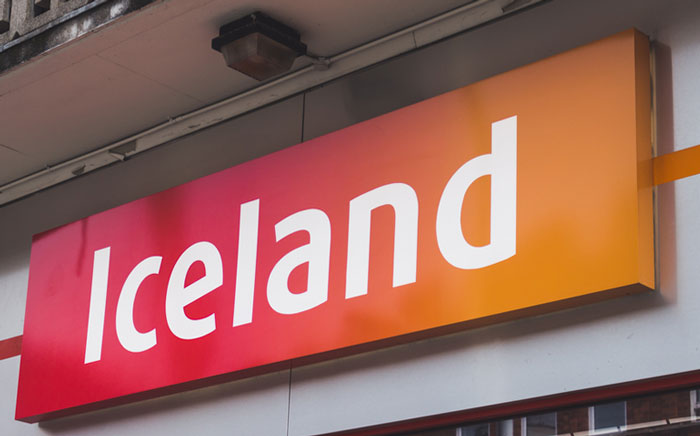By Chris Mundy, Managing Director of Clearcast.
This blog first appeared in Campaign.
It’s fair to say we’ve had a busy week at Clearcast. In case you’ve been at a Himalayan retreat over the past week, the story broke that we had “banned an ad for Iceland for being too political”. The “Rang-tan” ad, originally made by Greenpeace, hit the headlines and social media and spawned a petition that currently has more than 900,000 signatures.
This is the first time Clearcast has been involved in a media storm for some time – and by far and away the biggest. The last time we received a petition was for an ad for the One Campaign in 2011 when social media was in relative infancy.
Here’s Clearcast take on how this story evolved.
Towards the end of October, we let Iceland’s agency know that we were unable to clear the ad. As is usual where Clearcast and an agency can’t reach agreement on a clearance, or where issues require a final view from broadcasters, the submission went to Clearcast’s Copy Committee. This is made up of broadcaster compliance specialists and observers from the IPA and ISBA. The final decision was that, because Greenpeace had made the ad, it fell foul of the rule on political advertisers.
“An advertisement contravenes the prohibition on political advertising if it is: an advertisement which is inserted by or on behalf of a body whose objects are wholly or mainly of a political nature.”
Things went quiet for a couple of weeks, then Iceland put out a press release announcing the release of the “banned” ad on social media. Iceland told us that it had tried to avoid getting Clearcast drawn into the controversy and didn’t mention us by name in the release.
However, unfortunately, the release included some important factual errors:
- “Advertising regulators banned advert” – Clearcast isn’t a regulator; the Advertising Standards Authority and Ofcom are. We have no power to ban ads; we try to work with advertisers to get them to air.
- “On grounds of it being seen to support a political issue” – We had clearly told Iceland that the issue was related to the Greenpeace link. Neither we nor the broadcasters considered the ad itself political.
Unfortunately, these errors were compounded by a tweet from Iceland that wrongly said the ad was not approved by “advertising regulators as it was seen to be in support of a political issue”.
That became the narrative that got picked up by traditional and social media, and Clearcast was suddenly drawn into a storm, with hundreds of calls to our switchboard, more than 3,500 emails and 3,000 tweets.
None of the parties involved expected the story to develop the way it did. The Guardian article published on the first day (9 November) was read by more than a million people – this is almost unheard of for an advertising story. And we were certainly unprepared for the deluge of contact.
Unfortunately, this included a substantial amount of abuse and resulted in the team feeling threatened. We had to close our switchboard and subsequently took pictures of our team off the website (they had been circulating on Twitter).
We took our company Facebook page down entirely. It was intended to be a social bridge between staff and agencies, but it was overtaken by abusive comment. We’ve decided that Facebook isn’t a business-to-business platform and the page won’t return.
We respect the confidentiality agreements with our clients (these are mutual and, for advertisers, protect information on their campaigns or claims support being made public) and our initial responses to media enquiries on the first day weren’t as clear as they could have been.
Iceland’s inaccurate statement that the ad was itself political dominated the headlines, causing confusion and anger. On the following Monday, we started responding clearly and openly. This didn’t necessarily swing the opinions of those who didn’t believe our explanation, or thought that we should ignore the rules; however, it did begin to clarify the position for others.
As the week progressed, our messages about the real reason the ad could not be cleared began to get through. Clearcast, Iceland and Mark Topps, who originated the online petition, made various media appearances and different aspects of the story were explored. More third-party voices, including from the industry (thank you!), made the argument for our case.
In any case, as the broadcasters had decided they could not run the ad under the law, Clearcast had in practice no power to reverse the decision at all.
Of course, the winner has been the environmental message that has been widely shared. If that changes behaviour, then that is a good thing. From Clearcast’s perspective, it’s a shame that the team has, to an extent, been collateral damage in getting the message out.
The Clearcast team has been amazing; despite a huge amount of distraction this week, they have managed to keep the wheels of the industry moving and getting your ads to air.



